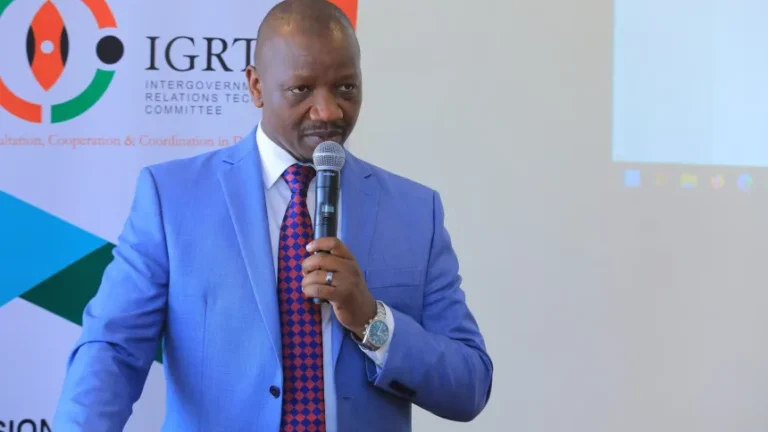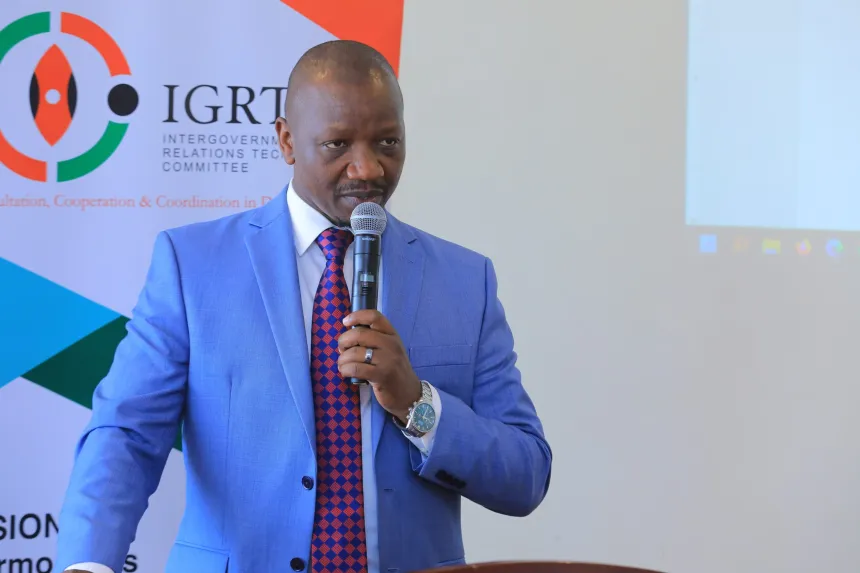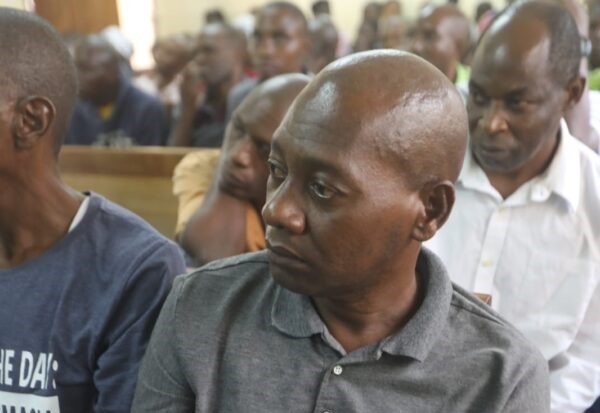
A historic political and administrative shake-up is underway as the Kenyan government gears up to fully devolve critical functions to counties, potentially sidelining entire state agencies and reshaping the balance of power between the national and county governments.
By the 2026–2027 financial year, counties are expected to assume complete control over functions listed in Kenya Gazette Vol. CXXVI – No. 219, issued on December 16, 2024. The announcement has sparked waves across political and legal circles, as preparations intensify for what could be Kenya’s most significant transfer of power since the 2010 Constitution.
The Intergovernmental Relations Technical Committee (IGRTC), which has been spearheading the devolution process, revealed during a high-level sensitization forum that the two-year effort is finally reaching its critical stage. Dr. Kipkurui Chepkwony, IGRTC’s CEO, confirmed that the process follows the Fourth Schedule of the Constitution and has been built on bipartisan consultations between national and county governments.
“This was not a rushed process,” said Dr. Chepkwony. “It was a consensus-driven move involving both levels of government and key stakeholders. Now, it’s time to identify and allocate the human and financial resources required to make this a reality.”
He further disclosed that some existing national government departments and agencies will cease to exist, triggering a potential massive bureaucratic overhaul. The move will also prompt both the Senate and National Assembly to urgently review dozens of outdated laws that conflict with the devolution framework.

IGRTC Vice Chairperson Saadia Kontoma confirmed that 94 legal loopholes were discovered during the unbundling process — discrepancies that have, until now, slowed the full rollout of devolution. She emphasized the collaborative work of multi-agency task teams in ironing out legislative and operational kinks.
“We discovered critical legislative gaps that need to be harmonized with the devolved governance model. Without that, devolution cannot be fully realized,” Kontoma warned.
Principal Secretary for Devolution Michael Loikenu Lenasalon reinforced that this transition is a gradual yet unstoppable journey, aimed at pushing public services closer to the people by clearly defining roles for national and county governments.
In a powerful endorsement of the process, PS Judith Pareno from the Office of the Attorney General called devolution one of Kenya’s most transformative governance reforms, lauding it for advancing equity in historically neglected regions.
“This isn’t just a legal process — it’s a bold reaffirmation of the President’s promise to complete the transfer of power to counties,” Pareno said.
With counties now on the brink of full empowerment and national laws headed for serious revision, Kenya stands at a political crossroads. The coming months will determine whether this bold vision delivers deeper democracy or triggers an administrative earthquake that will challenge the very architecture of governance.







